Michael Greif has a way with new works. He’s best known for developing and directing genre-defining musicals such as Rent, Next to Normal, and Dear Evan Hansen; all three took home multiple Tony Awards, and the first two won Pulitzer Prizes. But he’s not resting on his laurels. In fact, his name is on three shows in the current Broadway season: Days of Wine and Roses, a musical adaptation of the 1962 film, starring Kelli O’Hara and Brian d’Arcy James, which ended its run at Studio 54 on March 31 and garnered three Tony nominations; at the Gerald Schoenfeld Theatre alongside co-director Schele Williams for The Notebook, a musical adaptation of the beloved Nicholas Sparks novel that likewise secured three Tony nominations; and at the Shubert Theatre for Hell’s Kitchen, the semi-autobiographical Alicia Keys jukebox musical, which opened in April and is tied at 13 nominations with Stereophonic.

Greif—who once served as artistic director of La Jolla Playhouse and as an associate artist at New York Theatre Workshop—successfully shepherded all three productions from regional or Off-Broadway premieres at Atlantic Theater Company, Chicago Shakespeare Theater, and the Public Theater, respectively. American Theatre spoke with Michael Greif about his Broadway triple play earlier this spring.
ALEXANDRA PIERSON: You’ve had a very busy season, with three shows that you’ve directed opening on Broadway. How are you managing? How are you feeling right now?
MICHAEL GREIF: I’m actually feeling very exhilarated. I’ve had a lot of great support and there was a lot of good scheduling that went into how this could all work. I certainly feel at this moment that I’m sort of at the end of this marathon. And so you pick up a little energy and a little excitement as you get to the finish line.
How did you come to be a part of each of these projects, and what drew you to them?
They’ve all been in the works for quite some time. All three of them are pre-pandemic projects, so they’ve been simmering for a good long time. I’ll start with Days of Wine and Roses. I was invited to a reading in 2018 or 2019, but I had spent some time with Craig and Adam (book writer Craig Lucas and composer Adam Guettel) at Sundance 20 years ago, when they were first developing The Light in the Piazza, and, of course, came to admire their artistry. So it was very easy to get excited about being asked to participate. When I was invited, Kelli O’Hara and Brian d’Arcy James were already attached, so there were just many fantastic reasons to get excited, and then, when I finally heard this material, I was really blown away. The writers made it clear to me that there was still room for further development, and there was an excitement about my participation in continuing to develop the material.
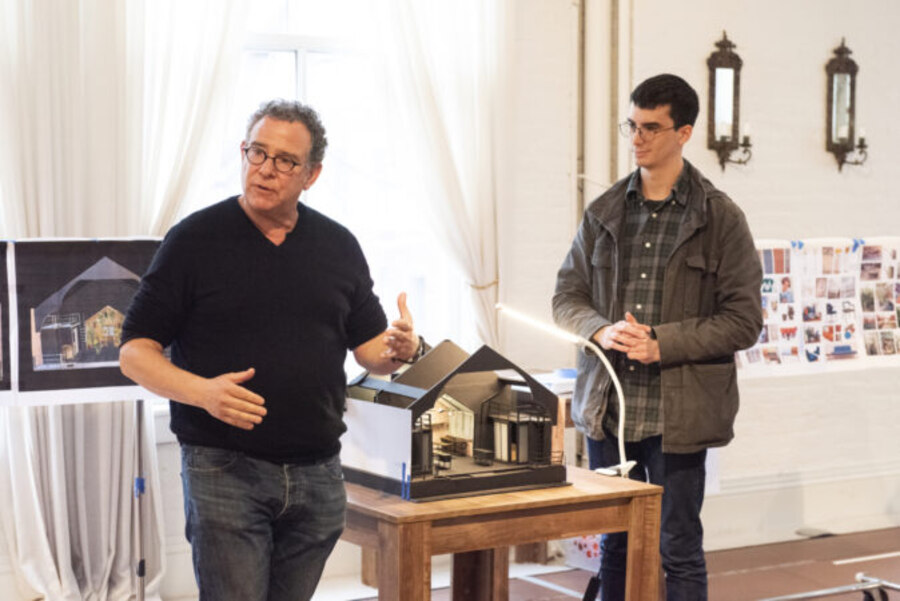
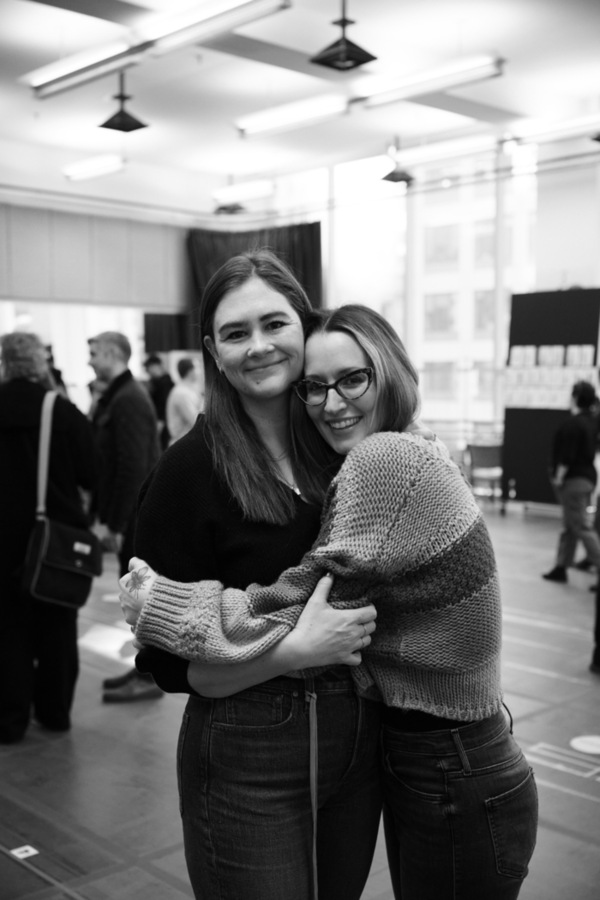
Producer Kevin McCollum invited me to look at The Notebook. I didn’t know Ingrid Michaelson, though I had met her personally before I looked at the material. When I first heard it, I recognized that there was an incredibly personal and unique approach that Ingrid and Bekah Brunstetter were taking. There were already so many things that are still part of this production that were in place on those pages and in the material that I heard. I learned very soon that Kurt Deutsch was one of the producers; he is someone I’ve known for 33 years, and I was excited to be able to collaborate with him. But it was really Ingrid and Bekah’s surprising take on the material which I found so deeply personal. It didn’t feel like a committee-written adaptation of a big, popular film.
And then with Hell’s Kitchen, I got one of those wonderful calls: Alicia Keys would like to meet with me because she’s developing a musical. I was really happy to hear that. I also heard around the same time that Kris Diaz was involved, and that gave me a great feeling of assurance about the kind of approach that this story would take. When I met with Alicia and Kris, we had a really good, long meeting, and it became clear that the kind of story they were interested in developing was a coming-of-age story. They were very open to limiting this story to a very specific moment in this remarkable young woman’s life. From the very beginning, I got a sense that it was inspired by things in Alicia’s actual life, but not limited to those things. She was giving Kris lots and lots of artistic leeway. And Kris likes to say that I got the job because I sort of zeroed in and said, “What you’ve written here is a love story between the mother and the daughter, and that’s unique. That’s a love story we haven’t heard a lot about—especially a story about a biracial kid with a single mom who’s making all kinds of remarkable sacrifices to raise this kid in New York City, and how you have to sometimes put some of your dreams aside in order to build some dreams for your kids.”
At this point in your career, you have developed an eye for new work in terms of genre-defining musicals. Is there a particular quality that you look for when you’re signing onto a project?
It’s a lot of whatever speaks to me. But I find that what speaks to me is often family dramas. I mean, the core really goes back to, as a kid, how are you managing? How are you navigating this complicated world? I’m fortunate to have some experience myself as a parent. So, as a parent, how do you launch these wonderful humans into the world safely and courageously and with inspiration?
What is it like to work with Alicia Keys? I don’t think people necessarily realize that she’s a classically trained musician.
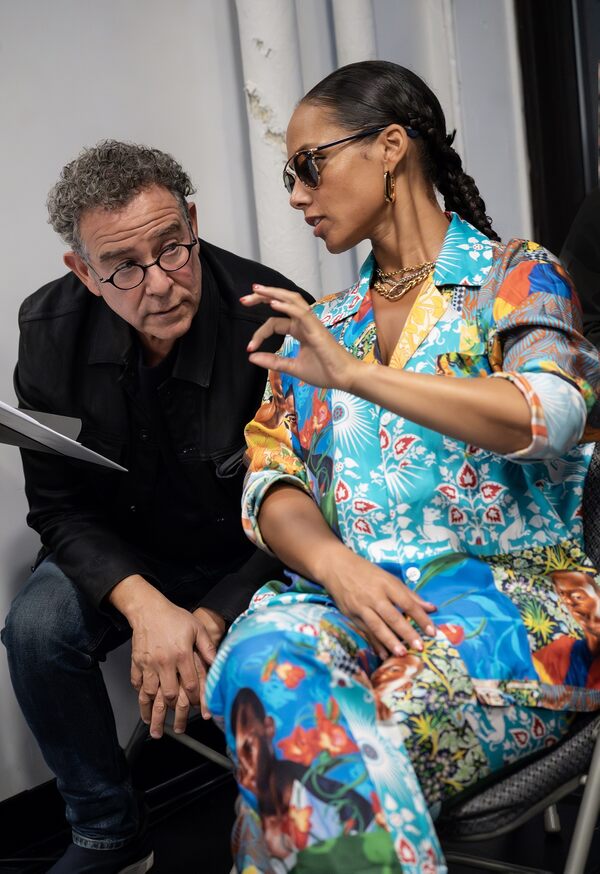
She’s brilliant. Her range of knowledge and range of interest are really awe-inspiring. We try to hint at her musical education in the piece; we do a really truncated version of it, and it starts much later in the musical than it actually started in her life. But we do try to introduce this notion that her musical tastes are so varied, and the influences are so extraordinary, that you can only become the kind of pop star she is if you also have access to and understanding of so many other musical idioms.
I think the musical also lets you see that she was really lucky to have someone on her side who was really determined for her to succeed in the world. Of course, this person made lots of mistakes, but I hope you come away seeing that it doesn’t just happen—of course Alicia had to be such a remarkable human to begin with, but a couple of other things really aligned for her. This person in her corner, really standing up for her all the time and putting her interests first, was really important.
I love that the musical actually advocates for public housing. There’s a real component of the musical that says: This was a great thing for this person, and this can be a great thing for other young people. Please, please, please provide access to housing in New York City to artists and other low-income residents. Give them an opportunity to be in this great city, to be exposed to all of the cultural influences that they can be exposed to. Don’t force everyone to live in other parts of the country where rent is more affordable. And the waiting list for Manhattan Plaza just opened last month—we’re really celebrating that over at the Shubert Theatre. I still have lots of lots of colleagues who live in Manhattan Plaza, and they’ve been very positively affected by that housing. Alicia also went to a public performing arts high school. I love putting that out there, that those resources are available to New York kids of lots of different backgrounds and incomes.
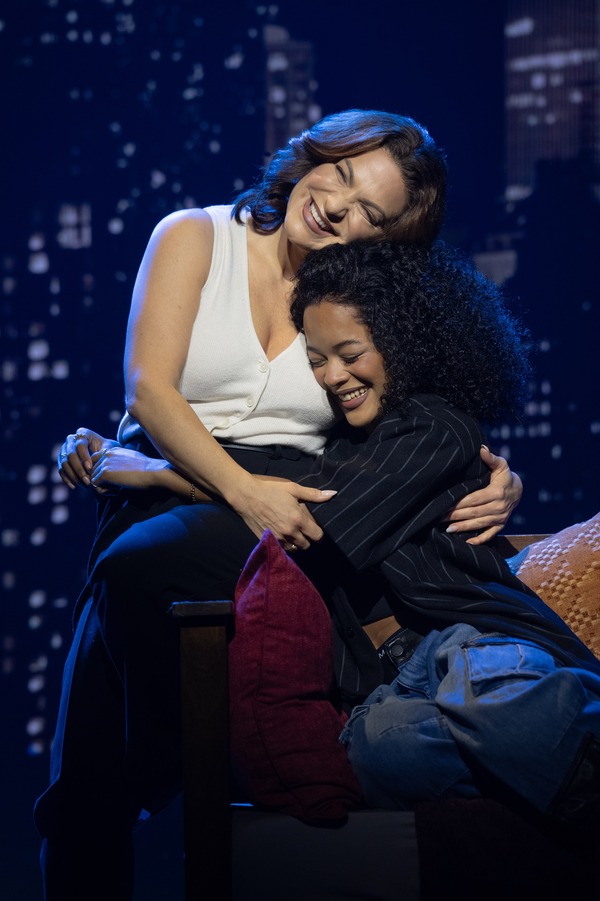
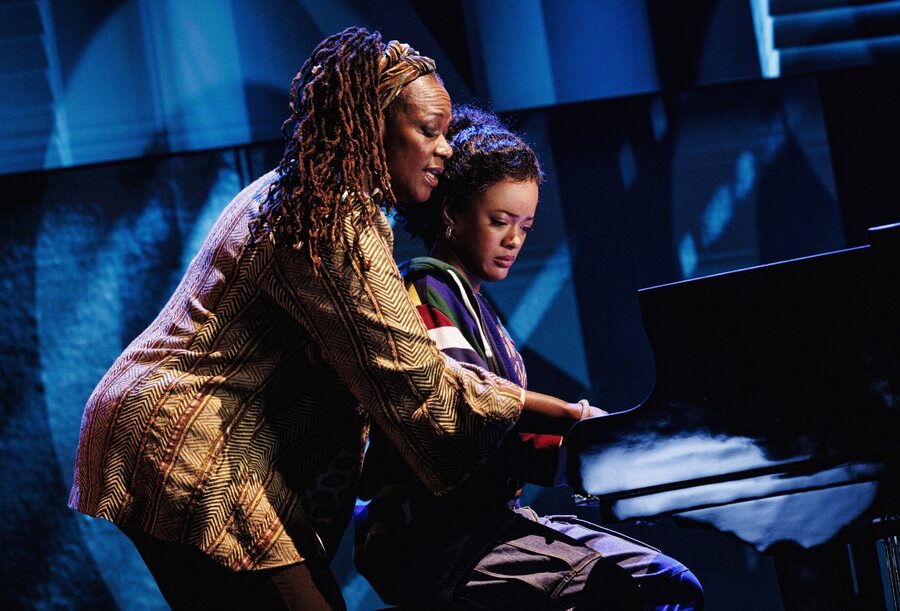
With The Notebook, how did you land on the casting idea to have actors of different races play the characters throughout different phases of their lives?
Ingrid and Bekah talked to me about it in our very first meeting. They wondered how we could make this a more universal story, and there were conversations about making sure some of the secondary characters were people of color, and the conversation then quickly moved to: Why not make the primary characters people of color? This is such a well known story, it’s almost like doing a production of Romeo and Juliet. Because the story is known, it felt like there was lots of opportunity to expand the way we were telling it. I think we wanted to make sure that anyone coming to see the show could see themselves in this story. And I think that’s how this notion of color-conscious casting was hatched.
Soon after we had this notion, and we actually had a very inclusive and diverse cast in place, it seemed really important that we include people of color in our creative team, because we found that we were an all-white creative team. I immediately thought of Schele Williams. She and I worked together on Rent many happy times. In the years I’ve known her, I’ve seen her develop into an extraordinary director. I felt really fortunate that she was already working on Aida and The Wiz, which were already Broadway-bound productions.
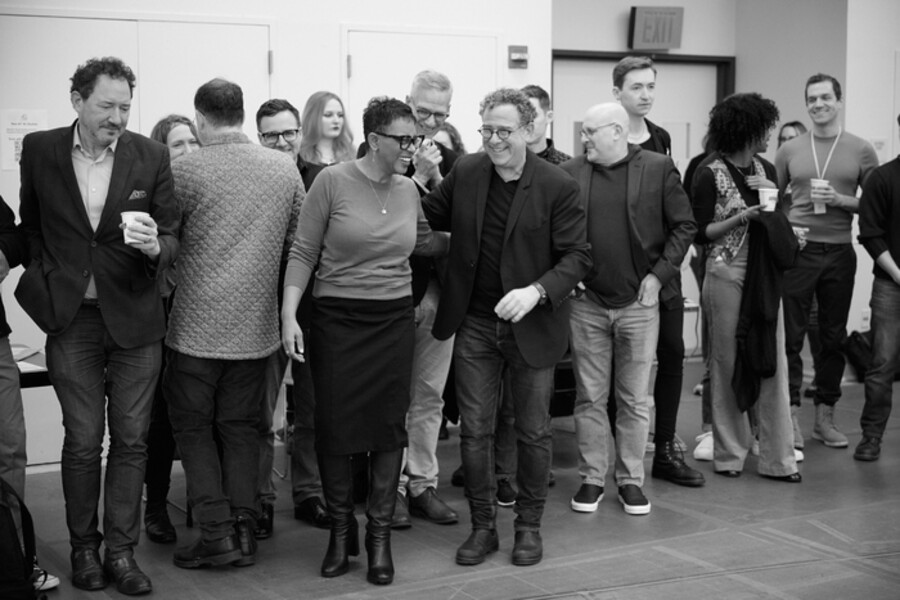
She just seemed to be the perfect person to join our creative team, and she was welcomed very heartily, very quickly, by the writers and the producers. She helped develop the ways in which all of the characters could authentically exist in the time and place where the story was taking place. So it wasn’t going to be like Romeo and Juliet. We’re going to set this in the Chesapeake Bay, where there was a community of wealthy Black families as early as the ’60s, and we’re going to put Allie’s dad in a job that was realistically being held by Black engineers for the first time. An awful lot of research went into finding the time and the place in order to authentically allow for those interracial couples to exist.
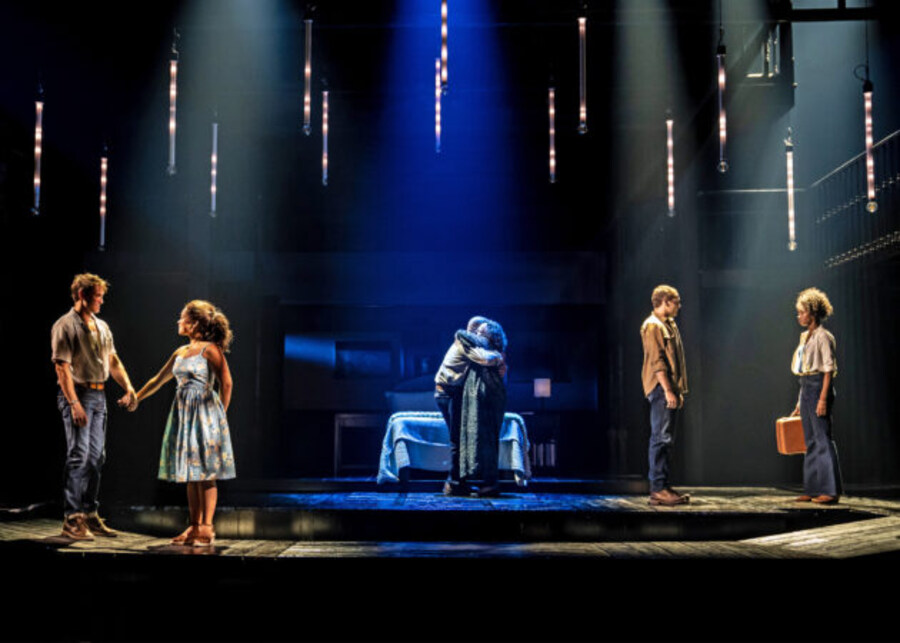
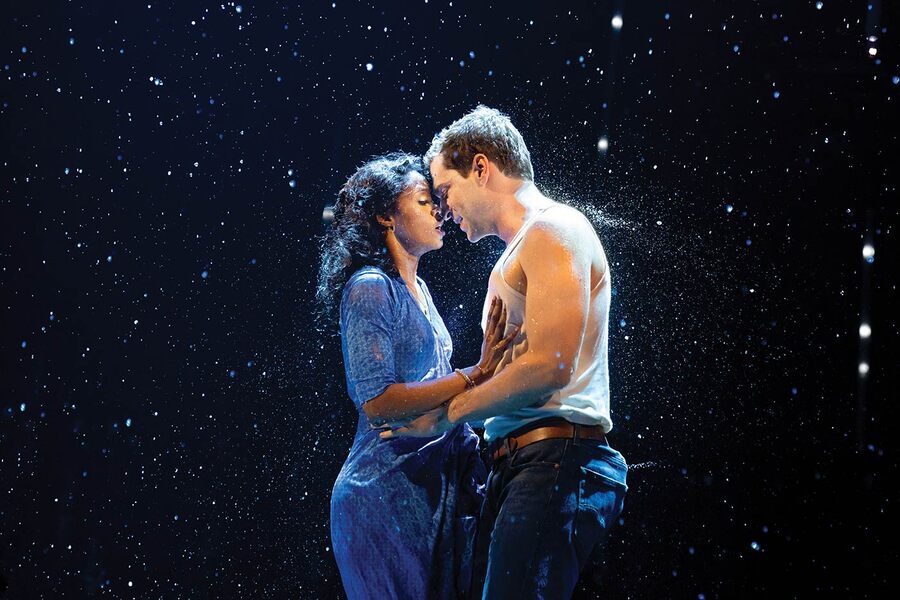
From the very first drafts. Ingrid was clearly centering on the experience of that couple. They weren’t just the delivery method for this story, they were the story, I responded really deeply to that. Of course, my mother was suffering from dementia at the time. As it turned out, Schele’s mom is currently suffering with dementia—I don’t think she’d mind me saying so.
In terms of the color-conscious casting approach, I think the best way I have learned to talk about it was by listening to Schele, and Schele so aptly said, “When I read the book, I put myself at the center of the book. I was Allie. When I saw the movie, I couldn’t do that.”
What is it like to be in a room and work with accomplished performers like Brian d’Arcy James and Kelli O’Hara?
It’s exhilarating, it’s illuminating. You have to be really strategic to find ways of being helpful. I feel like my job in a lot of ways is to be helpful to actors in terms of fulfilling the performance requirements of the material. Sometimes I’m asked to do a whole lot, and other times I’m asked to be a very surgical kind of editor. Certainly in the case of Brian and Kelli, It was my job to watch what they’re up to, understand what they’re up to, and occasionally steer them in fulfilling what they’re up to, very rarely moving them toward something else. I think editing is really the right description for what I had the opportunity to do with them, I think because they had been with the material a good amount of time and because they already had such an extraordinary history of working together.
When we finally stopped doing readings and began to stage this material, the speed, the comfort, and actually the joy of giving them the opportunity to fully embody the material, was like watching thoroughbreds start a race. That’s what it felt like. They were so thrilled to give all of themselves to this material.
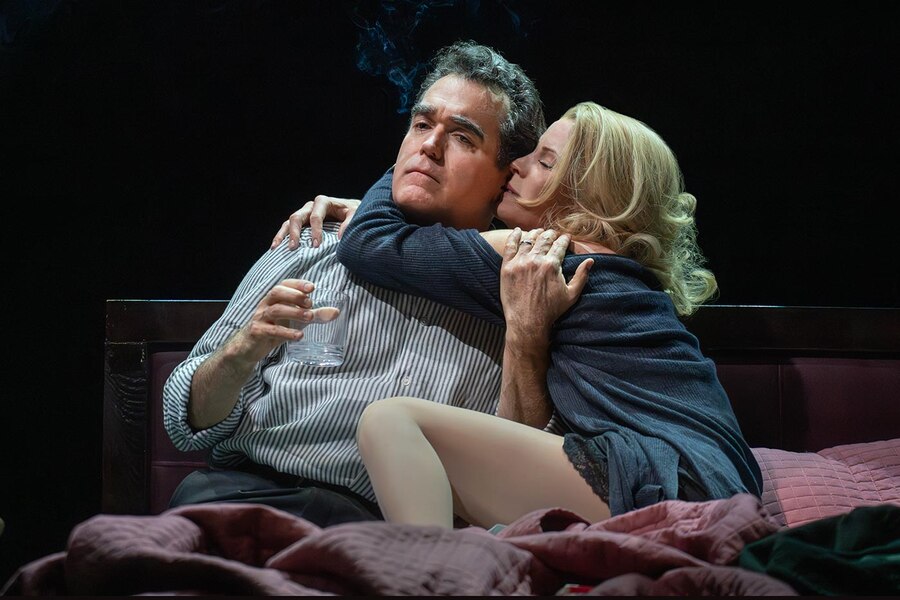
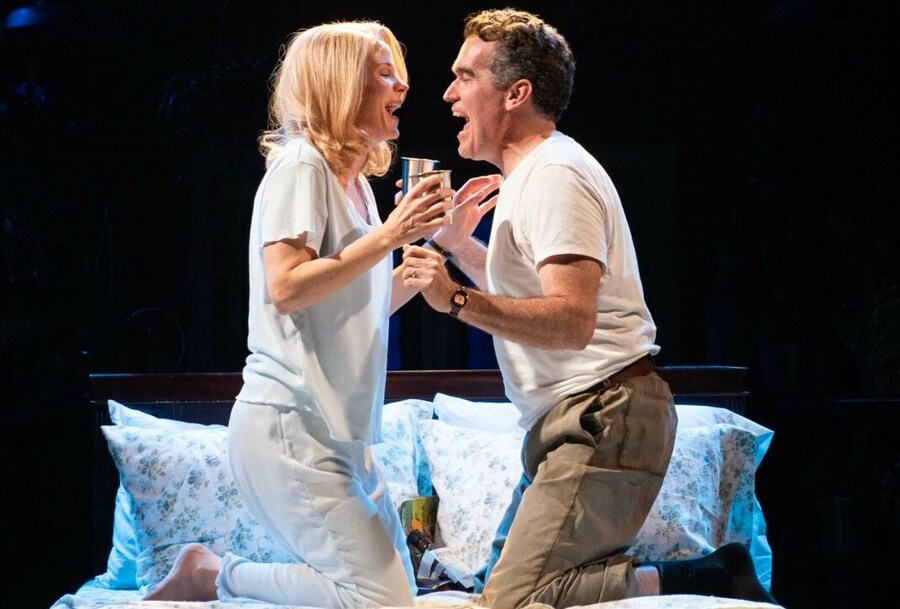
We actually rehearsed in Adam’s apartment to save the Atlantic a little money, so it also felt remarkably, oddly, personal and domestic. As everything was going on it just felt like places they actually lived in, rather than a rehearsal studio. We visited Adam’s apartment again at a closing party, and were flooded with the memories of putting the show together for the first time: Hearing “Morton Salt Girl” for the first time in that environment, seeing Brian take that drink in the motel room there. It was really trippy to be back there, really wonderful.
You have a history of taking on projects and telling stories that deal with various afflictions and illnesses like HIV/AIDS, drug use, alcoholism, mental health, and now dementia. How do you bring that context into the rehearsal room when it’s not always easy to talk about?
We had the incredible opportunity to run Rent for a really long time, and because of the number of years that Rent ran, and the exposure I had to new companies of Rent, the ways in which we spoke about HIV and AIDS really changed. When we first brought this group together, we did a workshop in ‘94, the cocktail (antiretroviral therapy) was not being used prevalently. I didn’t know anybody who was living with AIDS; I knew lots and lots and lots of people who were dying of AIDS. Even though that company was probably 10 years younger than me or Jonathan Larson and had slightly different exposure to people who were ill, there was such an environmental, cultural awareness, especially in the New York City theatre/music/dance scene. We didn’t have to talk about a lot. It’s really interesting that we could all bring our experiences to it, and I think we did. Of course, when Jonathan died, and he became another young person whose life was cut off much too soon, albeit not from AIDS, we all had another real touchstone to what the musical was about.
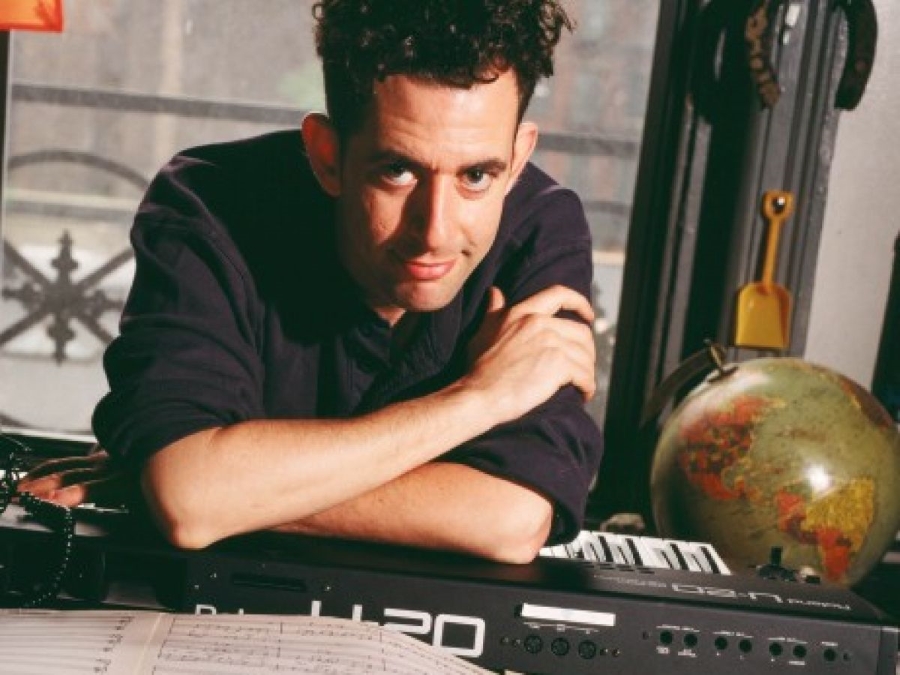
As we moved on and on and happily on, I felt like I really had to recommend a lot of books for people to read and a lot of films for people to see about what it was like living in the late ’80s and early ’90s, in New York City specifically. Happily, there are many fantastic books, films, and other things to expose those people to, as well as lots of stories that I would tell, not only of Jonathan’s death, but also of many close colleagues and friends who had died.
With Next to Normal, I can’t quite remember why, but The Noonday Demon, Andrew Solomon’s extraordinary work about depression, became very important to the company and to me. We also read a whole lot about mental illness. Again, after a time, we all shared stories of mental illness, and we were all really proud and excited to be able to make a musical that brought this “secret” out into the open. Because I was associated with Next to Normal, I imagine that my name came up when Benj Pasek, Justin Paul, Stacey Mindich, and Steven Levenson were working on a musical (Dear Evan Hansen) that we like to talk about in terms of making connections in the world, but I always talked about as being about teen suicide. I think they imagined that I could be someone who could helm that project, and I’m really thrilled that I had the opportunity to do that. Again, we read a lot. I remember when Mike Faist left the production asking him for his bibliography of material to share with the other actors who were coming in.
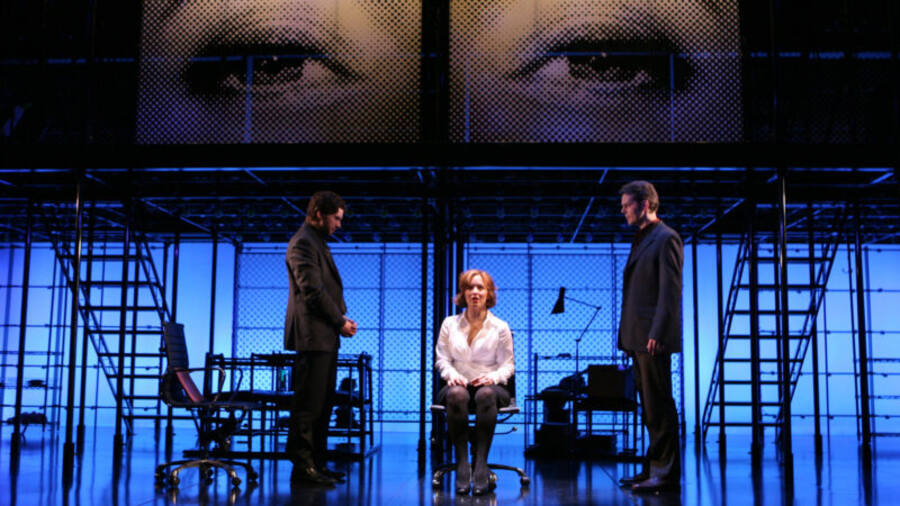
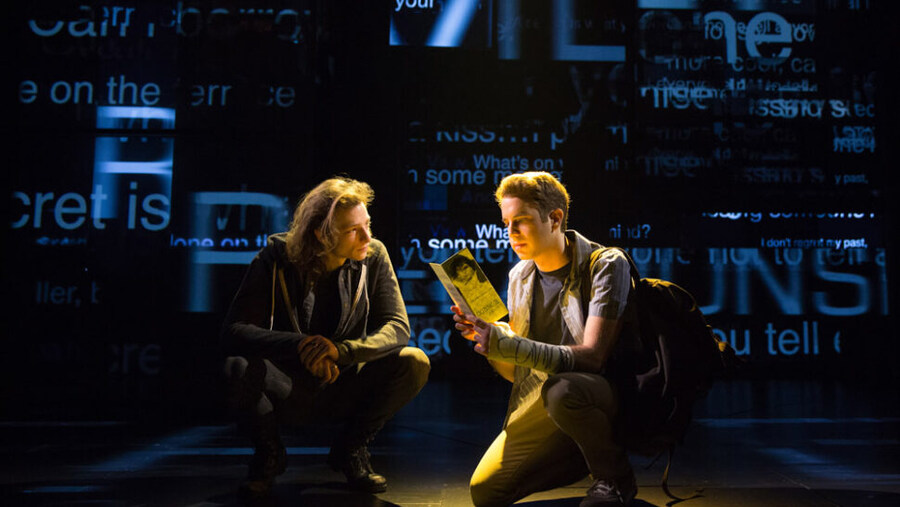
It’s always been a real privilege to be able to shed light on some of these issues in this unbelievably accessible, popular form. Musicals invite people in, and they invite a kind of emotional availability, the way other kinds of music do. Certainly opera did in its day. I’m really happy to continue to have the opportunity to bring some of these rough subject matters into this form, because it invites people to participate in ways that plays couldn’t. And I love being on Broadway because of the amount of people you reach. I hope that these shows that I’ve just done have the opportunity to tour, because I can’t tell you what it’s been like over the years to talk to people who saw themselves in Rent in ways they never imagined being able to see themselves onstage, and what it meant to them to have the catharsis of seeing an avatar, in some sense, someone filling in for them, having the crisis so that they didn’t have to.
I was in middle school when Next to Normal came out. To me, there’s a throughline between Rent, Next to Normal, and Dear Evan Hansen in terms of the way people, particularly young people and marginalized folks, embraced them. I know you had mental health professionals on call for Dear Evan Hansen. What was that like?
The actors who got the immediate front-line requests of “I need your help” while they were signing autographs were trained to refer people to the right mental health counselors. We were all very happy when that came into place very early on, because the response to the show was always that extraordinary. There were always people who, while they were praising it to the skies, were also saying, “I’m in trouble. Can you help me out?”
How does it feel when people come up to you and tell you what your work means to them?
It’s a great privilege and something of a responsibility to know that I’ve helped provide access. It was a moment that suicide was also coming out of the shadows. I remember, there was a documentary at the Academy Awards that won that year about suicide. It was like, okay, now we’re really going to be able to talk about this as a culture. We’re really going to acknowledge that this exists, and we’re going to find ways in which we can help people. I’m really happy that I was part of an opportunity to have that conversation.
Certainly, there were many, many, many works of art about the AIDS epidemic, works of art that I cherish and that I revere. In addition to those works, Rent was one that spoke to young people, that said that they could find their way. They weren’t intimidated by it. They were welcomed in some way. Not to mention the message that you can also be a trans kid. The ways in which teens and tweens are able to see themselves in that musical and find their own chosen families because of the model seen in that musical is really gratifying.
The thing that’s really remarkable about Days of Wine and Roses is how deeply it depicts alcoholism, but also how deeply it depicts sobriety: what it means to be sober and what it costs to be sober and what the rewards of sobriety are. It’s pretty unusual, considering, I think, how close the issues of addiction and sobriety touch so many in the Hollywood and New York theatre community, so I’m really happy that it’s out there. There was another play this season, The White Chip, about alcoholism and sobriety. I imagine there’ll be more, and certainly people saw themselves very deeply in Days of Wine and Roses as well.
What do you want to do next? Is there something you haven’t done that you’re thinking about?
There are a number of musicals in development simmering, and I’m hoping some of them will continue to take on unexamined issues. I’d love to do a play on Broadway. I love new plays. I want to work with Bess Wohl again, I’d love to work with Bruce Norris and Tony Kushner again, I’d love to do Chekhov again. I’m excited about many things to come.
Well, it seems the world is your oyster.
A raw oyster or a cooked oyster?
Alexandra Pierson (she/her) is the associate editor of American Theatre.


